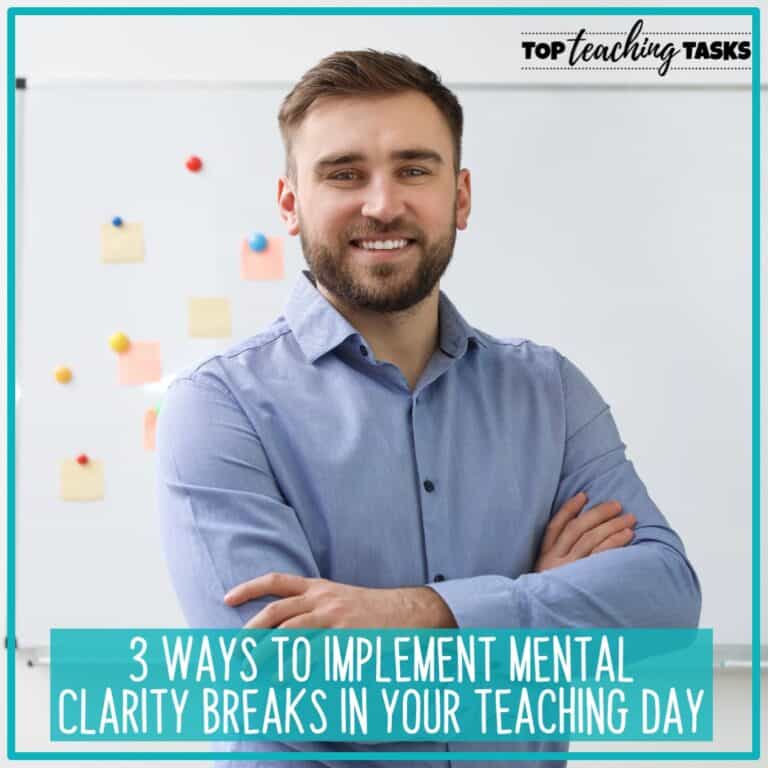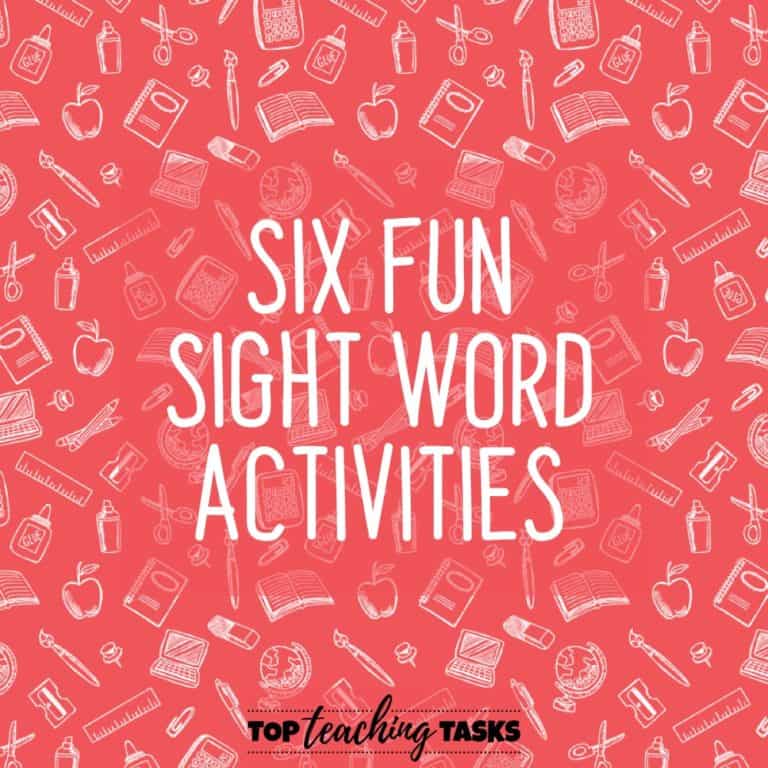How Students Can Synthesise Across Multiple Texts
In this blog post, I introduce you to a new resource that helps students to synthesise across multiple texts. The reading comprehension skill of synthesising is important – let me tell you…

In this blog post, I introduce you to a new resource that helps students to synthesise across multiple texts. The reading comprehension skill of synthesising is important – let me tell you…

Research shows that children’s discussion skills and vocabulary knowledge are incredibly important factors in reading development: the ‘thinking and talking’ in a discussion is where the learning happens. Oral language discussions develop…

Learn more about implementing mental clarity breaks with our guest-post by teacher life coach, Michelle Weeks. Once the school bell rings in the morning, or the sliding doors open to the waiting…

There are many ways to explore brilliant novels in your reading programme. Novel studies can be a great way to dive deeper into your class read-aloud novel. You can also use novel…

I’ve put together this blog post to explore using literature circles in your reading programme. I also look at the benefits of literature circles, the research behind their use, and how they…

What is Reciprocal Reading? Have you heard about reciprocal reading (also known as reciprocal teaching)? I love the way this strategy enables independent readers to work together in a self-managing team to discuss…

In this blog post, I explore the research behind our reading comprehension resources and the “why” behind the way we set out our activities. At the heart of it, here at Top…

I am beyond excited to share with you our latest resource – a great way to explore New Zealand History in the Classroom. Imagine your students have been taken in a time…

With many of thrown into an unexpected period of distance learning, I wanted to highlight how my digital reading comprehension activities can help your students maintain and improve their reading skills. I’ve…

Shared Reading is for Upper Primary, too. Often when people think of shared reading, they think of a teacher in the junior school sharing a big book with a class of 5-7-year-olds….

Setting Up a Reading Program (Year 3-Year 8) When I studied teaching at University, one of the things I was most surprised with was the lack of practical advice given to teachers about…

Kids loving learning about myths and legends from around the world. The stories are big, bold, exciting and stretch the imagination! In this blog post, I look at four reasons why you…

If you ask your students to name some of the major symbols in New Zealand or “Kiwiana” culture, most could rattle off a few: gumboots, kiwifruit, L&P, hokey pokey ice-cream, pavlova, number…

Reading Response activities will likely form a major part of your reading programme, whether you are running guided reading groups, a daily 5 system, literature circles or a reading workshop set up….

Learning the sounds of letters and developing phonemic awareness and phonics skills are crucial steps in early reading. However, there are some words that can’t be sounded out and require a different…

It is a great step once students can decode the words they read on the page. However, the real power in reading comes when they can understand and interpret what they are reading. With…